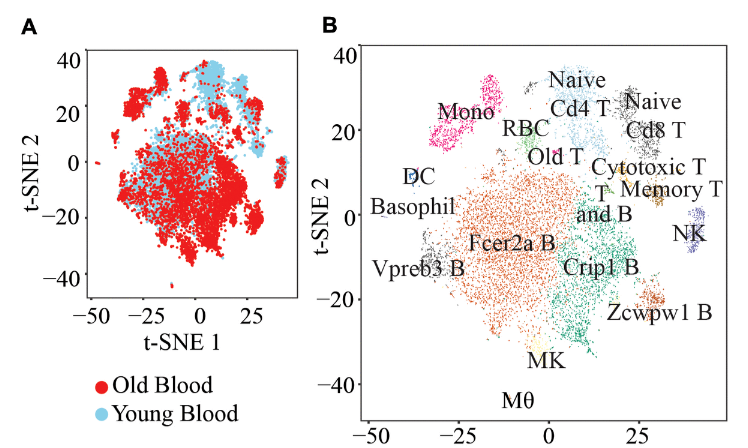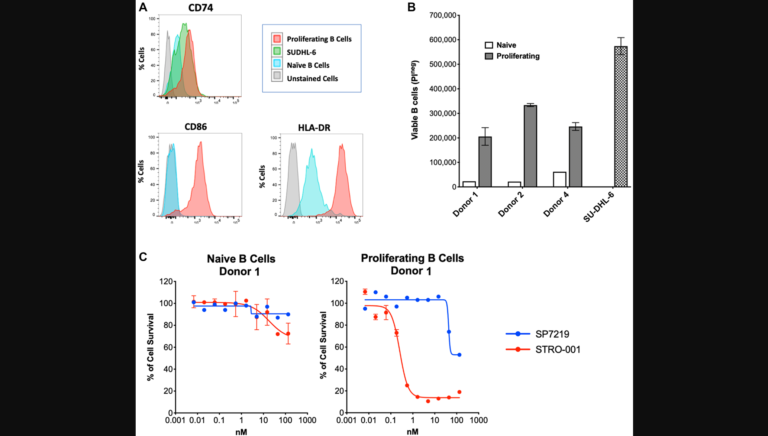Oncoscience | Association between tumor mutations and meningioma recurrence in Grade I/II disease
News, Oncoscience
January 17, 2023“Though meningioma patients often see favorable oncological outcomes, many tumors still recur post-surgically.”
BUFFALO, NY- January 17, 2023 – A new research paper was published in Oncoscience (Volume 9) on December 9, 2022, entitled, “Association between tumor mutations and meningioma recurrence in Grade I/II disease.”
Meningiomas are common intracranial tumors with variable prognoses not entirely captured by commonly used classification schemes. In this new study, researchers Jonathan T. Dullea, Vikram Vasan, John W. Rutland, Corey M. Gill, Danielle Chaluts, Daniel Ranti, Ethan Ellis, Varun Subramanium, Annie Arrighi-Allisan, Yayoi Kinoshita, Russell B. McBride, Joshua Bederson, Michael Donovan, Robert Sebra, Melissa Umphlett, and Raj K. Shrivastava from Icahn School of Medicine at Mount Sinai and Sema4 (A Mount Sinai Venture) sought to determine the relationship between meningioma mutations and oncologic outcomes using a targeted next-generation sequencing panel.
“As such, there is a need to further characterize meningioma disease mechanisms in pursuit of better diagnostics and novel targets to improve treatment paradigms.”
The team identified 184 grade I and II meningiomas with both >90 days of post-surgical follow-up and linked targeted next-generation sequencing. For mutated genes in greater than 5% of the sample, progression-free survival Cox-regression models stratified by gene were computed. They then built a multi-gene model by including all gene predictors with a p-value of less than 0.20. Starting with that model, the researchers performed backward selection to identify the most predictive factors.
ATM (HR = 4.448; 95% CI: 1.517–13.046), CREBBP (HR = 2.727; 95% CI = 1.163–6.396), and POLE (HR = 0.544; HR = 0.311–0.952) were significantly associated with alterations in disease progression after adjusting for clinical and pathologic factors. In the multi-gene model, only POLE remained a significant predictor of recurrence after adjusting for the same clinical covariates. Backwards selection identified recurrence status, resection extent, and mutations in ATM (HR = 7.333; 95% CI = 2.318–23.195) and POLE (HR = 0.413; 95% CI = 0.229–0.743) as predictive of recurrence.
“Mutations in ATM and CREBBP were associated with accelerated meningioma recurrence, and mutations in POLE were protective of recurrence. Each mutation has potential implications for treatment. The effect of these mutations on oncologic outcomes and as potential targets for intervention warrants future study.”
DOI: https://doi.org/10.18632/oncoscience.570
Correspondence to: Jonathan T. Dullea – Email: jonathan.dullea@icahn.mssm.edu
Keywords: meningioma, molecular genomics, POLE, ATM, CREBBP
Oncoscience Videos: YouTube
About Oncoscience:
Oncoscience is a peer-reviewed, open-access, traditional journal covering the rapidly growing field of cancer research, especially emergent topics not currently covered by other journals. This journal has a special mission: Freeing oncology from publication cost. It is free for the readers and the authors.
To learn more about Oncoscience, visit Oncoscience.us and connect with us on social media:
- Twitter – https://twitter.com/OncoscienceJrnl
- Facebook – https://www.facebook.com/Oncoscience
- YouTube – https://www.youtube.com/@OncoscienceJournal
- LinkedIn – https://www.linkedin.com/company/oncoscience/
For media inquiries, please contact media@impactjournals.com.

